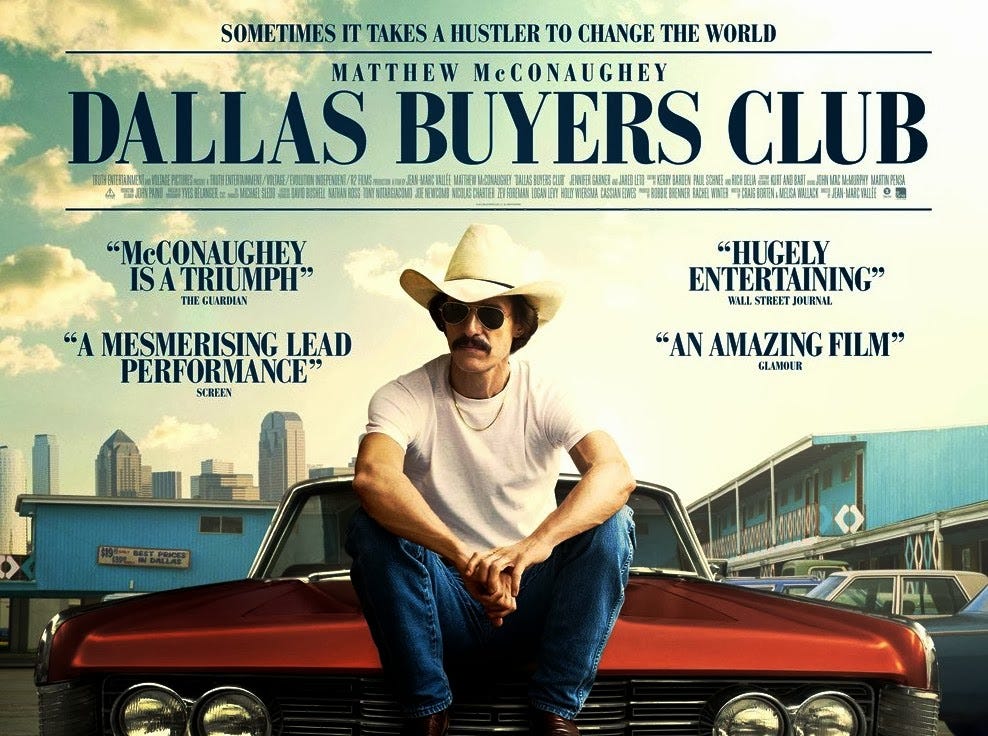Abundant August at Minerva University (2024)
Reflections from recording 41 podcast episodes for ‘Uni Unveiled’, a practical tip for college living, four cornerstone courses, and two hundred lifelong friends
If you are curious to learn more about the story behind the above pictures, then here is a brief overview:
I gave an author talk at the Shri Ram Academy (TSRA) in Hyderabad to a total of 150 students, across Grades 5-8. We engaged in fun Q and A about the writing process, overcoming writer’s block, following your passions, the value of mentors, writing tips and tricks for school assignments, and much more! I am so grateful for this opportunity and hope that something I said may have inspired these children to remember that ‘Age is just a number’ because life is short and human potential is uncapped.
For more information, here is a comprehensive LinkedIn post posted by TSRA:
https://www.linkedin.com/posts/rishu-talwar-ib-myp_ibeducation-storytelling-creativity-activity-7231855179531214848-bzg_/?utm_source=share&utm_medium=member_desktop
PS. I hosted a Minerva professor on the ‘Humans of Minerva’ podcast! Specifically, Professor Levy Odera from Kenya, faculty of political science at Minerva. Listen on to hear more about growing up in Kenya, the ‘immigrant experience’ when moving to the US, his youth development non-profit in Kenya, why students should study political science in the 21st century, and life in Orlando, Florida with his wife and two sons.
Link:
Stay tuned! I took this summer as an opportunity to catch hold of quite a few Minerva professors and senior management while they were a little more relaxed than during the academic year, so quite a few interesting episodes to be released in the weeks to follow!
Until then…
Reflections from recording 41 episodes for ‘Uni Unveiled’
Link: https://www.youtube.com/@serenestrokes-inspiringchange
12 episodes uploaded so far, 29 more to be released, one-by-one, at regular intervals!
Over the course of 41 episodes, I’ve had an incredible diversity of speakers on the podcast, spanning a variety of:
Majors: Computer science, Economics, History, Film, Music, Law, Political science, Math, pharmacy, medicine, chemical engineering, biology, etc.
Countries of study: Australia, India, US, UK, Canada, Abu Dhabi, Italy, Denmark, Germany, Singapore, Hong Kong, etc.
Universities: Harvard, IIT, Monash, University of Toronto, Bocconi, Aarhus, Ashoka, USC, UCLA, UC Berkley, Swarthmore, CMC, LSE, HKUST, Minerva, NYU, UBC, McGill, etc.
Of course, the most diverse aspect of these 41 episodes were the guests themselves – I’ve had them in literally all shapes, sizes and colours! And the biggest learning from the entire experience was just how to hold a quality conversation with anybody and everybody, which is such a necessary skill in today’s interconnected, human world.
Three key reflections from the entire journey:
1) Talk to all kinds of people, not just the individuals who may be agreeable, ‘easy to get along with’ or share a similar energy/worldview to yourself. The tougher conversations may in fact be some of the most enriching and valuable, learning-filled exchanges you will have with other people. I was initially taken aback when a few guests would openly disagree with me on the podcast, but then I realized that this was the most beneficial to listeners who are receiving two contrasting opinions and are free to evaluate which side they prefer to learn on. As a host, it’s taught me to make cautious, well-thought-out statements on the episode, and then probe deeper if a guest still disagrees because there is value in going down that rabbit hole. My own mindset and worldview of college changes episode by episode, as guests teach me how they personally are approaching their education and what they are optimizing for at college. Ultimately, dissent on the podcast will attract more viewers because there is no black-and-white answer on how to live out your college days. All that I can do as a content creator is aim to accumulate an incredible depth and breadth of opinions, and leave it to the viewers to watch each episode and ‘take the best, toss the rest’.
2) Do not take ‘NO’ for an answer. I’ve been both annoying and convincing when I repeatedly follow up with guests about recording our episode. Students from the top universities which I’ve hosted on the podcast are often even busier during the summer than the school year with internships, travel, volunteering, organizing events, or just chilling and doing a 100% ‘digital detox’. There were guests who I first spoke to about the podcast in June, and we finally recorded in August but I ensured to make it happen, even if the 41st recording was two days before I flew to Taipei. There’s no shame in following up. Send gentle reminders, keep sharing updates and progress, ask friends to remind them, do whatever it takes because ultimately it’s your project and you cannot expect anyone else to be as motivated or responsive as yourself.
3) Get to work and figure everything out along the way. I’m an over-planner, over-thinker, and over-anxious worrier, hence if I had maintained this mindset for my podcast, I probably would have been too nervous and overwhelmed to even start. For viewers, all they see is the one-hour episode, but behind-the-scenes, there is a minimum of 10 hours that are put in right from contacting and calling each guest, preparing a script, recording the episode, editing, creating thumbnails, and finally uploading on YouTube. But I took it one step at a time. I spent the first few weeks just reaching out to guests, and calling them to discuss the idea. Then I begin working on scripts for each episode and slowly setting up recordings. Once I had finished 10 recordings, only then did I begin to think about editing, realizing that I would need to spend a week just to learn how to edit videos effectively. Once 10 videos were fully edited, only then did I start worrying about creating the YouTube channel and thumbnails and episode descriptions. I jokingly tell everyone now that if I had known how much work each episode would take to publish on YouTube, I might never have wanted to start this podcast. But I began with a wild idea, some excitement, a tad bit of motivation, and here I am today! ‘The journey of a 1,000 miles begins with a single step’.
A practical tip for college living
Be Wild!
I have a strong feeling that one major reason why college is a time that most adults reminisce about is because they did things in college that were beyond their wildest imaginations. Often through peer pressure, they did things they never in their most bizarre dreams expected of themselves.
I entered Minerva as somebody who loved to control and plan every minute of every day. A fixed sleep schedule, a fixed work schedule, and a fixed fun schedule too! My ideal Sunday is a well-planned day out in the city, where I stick to schedule and do whatever was on the checklist. I’m the kind of person who makes a detailed Excel sheet for every hour of every day that I spend on vacation in a foreign country, just to optimize my time there. For all readers out there who love control and are compulsive over-planners, it is my sincere wish that college teaches you the power of spontaneity and ‘living in the now’.
I’ve done things at Minerva that may not seem ‘wild’ to most people, but were unimaginable for me before entering university:
· Five solo trips, the longest one lasting 15 days
· Roaming around aimlessly with friends in a city, with no mobile data on anybody’s phone
· Hiking for an entire day, skipping both lunch and dinner and then eating out at midnight
· Taking (online) class from a bus/metro
· Exploring another city with absolutely nothing planned beforehand except a hotel reservation. Figuring out each day, on the day.
· Getting lost in a beautiful neighborhood and then exploring the area for hours before remembering how lost we are.
For whatever your risk/adventure tolerance is in college, I can guarantee you that you will find people who are more extreme. Have at least 1-2 crazy friends who may be in university just to party, explore and have fun, because they will add colour and flavour to what for some can feel like just ‘four years in the library’. Whatever your personal limit is, push it, and you will be rewarded!
As long as you’re reasonably safe and physically/ mentally fit at the grand finale, you’ll survive every roller coaster ride that college has in store for you. Enjoy not knowing what the very next minute of your life will bring, and just let go of that ‘illusion of control’!
Academics at Minerva – Cornerstone Courses
HC highlight
Empirical Analyses – #rightproblem
‘If you are not accurately characterizing the problem at hand, then YOU are the problem’. The first step to solving a problem well, is to fully map out its skeleton, bone by bone. Characterizing a problem involves specifying the initial and goal states, obstacles (sub-problems) that need to be overcome to get from the initial to goal state, and the scale of the issue. Albert Einstein once wisely said that ‘If I had an hour to solve a problem, I’d spend the first 55 minutes thinking about the problem and the last 5 on the solution’. Maybe there’s some truth there…
Real-world examples:
· Relationship conflict: I believe that so many relationships slowly grow bitter and weak because the exact problem at hand was never diagnosed. There was blame, accusations and highly provocative statements made about the other person, but did the two people ever sit down to discuss and lay out their specific issues about the other person, one by one? Perhaps not. I love the concept of killing weeds on day 1, rather than even waiting for day 2, because it requires minimal effort and does the least possible damage to our beautiful garden. Look at the relationships in your life which you would love to be deeper, warmer, closer. What is the current status of the relationship? Where would you ideally like this relationship to be, one year from today? What hurdles will you have to leap over along the way, to get from today’s state to the ideal state, a year from today? Lastly, what’s the scale of the problem? Is the relationship conflict localized only between you and the other person, or are there also external forces at play like family, friends, community, etc.? Diagnose the entire problem and then get to work!
· Science and technology: Sometimes, an entire team or organization begins sprinting in the direction of a solution, maybe not knowing that the #right problem lies the other way. Even beyond the domain of engineering and technology, I think our society places so much value on people who can get to the root of the problem, even in fields as diverse as psychology, athletics, and creative writing. Tools like the ‘5 whys’, Fishbone diagrams, and the Pareto chart offer structured approaches to thinking through the seed of each problem, rather than passionately chopping away at the leaves/branches. Problems addressed superficially will always re-appear sometime soon, so if a problem is causing you pain, might as well get to the core issue and fix it, once and for all. A quick anecdote here is the Chilean miners rescue (2010). When 33 miners were trapped underground for 69 days, the initial reactions were focused on how to send them food, water, and other necessary supplies. While this was crucial for their short-term survival, getting each of them out safely required focusing on the core of the problem which was that 33 miners were stuck in a collapsed mine. So while parallelly sending their short-term supplies, the focus on the right problem led to devising an innovative solution that ultimately got each of them out of the mine, alive.
· The UN SDGs are a beautiful application of #rightproblem. Before even suggesting the first solution, there is a clear and #evidencebased description of the initial state of the world’s biggest problems today, followed by specific and quantifiable milestones the world aims to hit by 2030, along with clear sub-problems underneath each massive problem, and a detailed breakdown of how to tackle each problem at various scales like city-wide, nation-wide, and globally. Sometimes, when the problem is laid out bare naked in front of our eyes, solutions seem straightforward, even obvious, like seeing clearly to the bottom of a crystal-clear lake vs. being unable to even look a few meters deep into muddy water.
With teary eyes, it is now time to say goodbye to our HC’s. Because from this semester onwards, I will begin to take major-specific classes and electives, that use Learning Objectives or LO’s. Think of LO’s as HCs but more subject-specific, for example, #glocalization (history), #moral status (philosophy), and #democratization (political science). Instead of covering HCs and their real-world applications, I will now begin diving deep into LO’s and integrating theories, concepts, tools I learn in class with real-world examples that transcend specific subject domains.
To give you a brief overview of the four courses I will be pursuing next semester, they are:
· Global History – Explores global human migrations, interactions and conflicts from 1400 to the present day, examining their causes, impacts, and how historians across time and space have interpreted these transformative events.
· Morality, identity, and justice – Explores the ethical significance of human identity, social structures and justice, applying age-old philosophical theories to contemporary issues of environment, data, and inequality.
· Political Science and Social Change – Explores the dynamic relationship between government and citizens, the rise of the modern state, impact of social movements, and contemporary struggles for social change in various political regimes.
· The Modern Middle East – Explores the political, social and economic forces shaping the modern Middle East, covering topics like Islamic thought, imperialism, conflict, human rights, and current events in the Middle East.
I’m excited to learn something new this semester, and I sure hope you are too!
Student Spotlight
Ana Soporean (Romania)
This summer you did our entire class a great service by spreading the Minerva concept far and wide so that hopefully over the years, there are fewer puzzled faces when we mention our weird travelling university in a casual conversation. Say more about your exciting internship for the Minerva marketing team this summer. What did you accomplish?
Of course! This was quite a journey, in fact! The summer before Minerva, I reached out to Alexandra, the global marketing director at Minerva, to request for a marketing work-study position during the first year. I became a marketing work-study for Minerva in September 2023, and then a student ambassador in November.
My roles as a student ambassador mainly involved regular posting on social media of life as a Minervan, like a summary of my typical Minerva day, study spots or tourist attractions in San Francisco for Minerva students, highlights of my week/month, authentic anecdotes of my first year Minerva experience, etc. The beauty of this position was that I wasn’t posting on Minerva’s official social media, rather I was still on my personal account, hence I was allowed to be free, use slang, choose my pictures and emojis, etc. and even had a chance to talk more deeply with prospective students who reached out to me on my personal Instagram. This is a much more approachable way to market Minerva because we as student ambassadors do not represent the marketing team of our university, hence our conversations with students are super authentic, unfiltered and candid.
After a successful first year as a Minerva student ambassador, I then applied for the summer internship with the Minerva marketing team, because I loved their work and wanted to go deeper by moving from working seven hours per week, to seven hours per day on these exciting projects. Long story short, after an intensive, multi-stage application process, I received the offer.
Over the summer, I worked on some amazing projects with the brilliant minds of Minerva marketing.
I wrote an informative and detailed blog post about an exchange program between Minerva and Landshut University (Germany), where the German students of Landshut have the opportunity to try out Minerva’s active learning platform (Forum), and the Minerva students had the opportunity to work in Landshut’s AI labs and robotics teams.
I made an Admissions video series for Minerva’s website and social media, offering a detailed breakdown of the Minerva admissions process, the various steps, and some tips and tricks for students hoping to give it a shot.
Another fun project was the M28 (Minerva Class of 2028) welcome series, where I introduced our diverse class of incoming freshmen (nationality, intended majors, past accomplishments) to the larger Minerva community and beyond.
Shorter projects involved alumni highlights posts on LinkedIn, Twitter, Facebook, documenting successful alumni and what they were working on, and another was the summer internship series where I interviewed and crafted posts about the fascinating work Minervans were doing over the summer.
Minerva operates on so many levels. We even run ads on Snapchat and do frequent press releases, which I certainly wasn’t aware of before my internship! Word of mouth is crucial for our novel, innovative university to reach the eyes and ears of all those talented students who will make up our future incoming classes.
Now that we have briefly touched upon aesthetics and art, let us dive deeper into your passion for photography. Even when you are not formally working on a summer internship, you adore being both behind and in front of the camera, creating thought-provoking portfolios of photographs. What has the learning curve of your photography journey been, over the years?
From the viewer’s perspective, what I love so much about photography is that one can go as deep as they like. You can stare at a photo for just two seconds and get the jist of what’s happening on the surface, and you can also spend days pondering every object, person, and aesthetic choice made by the photographer – it’s purely about personal interest!
I love building photoshoots and collections around interesting themes. For example, I recently did a photoshoot around imperfection, where we took tons of close-up pictures of imperfections in the human body, like the face, skin, fingers. Another example is a photoshoot where I was the model, wearing all kinds of clothing that was deemed socially inappropriate for me as a teenage girl, like my father’s, oversized business suit that was masculine and strong. One of my favourite collections was an all-white photoshoot to symbolize purity and peace, which included white backgrounds, white flowers, white dresses, white objects, a world of white!
Photography has helped me evolve so much as a human being. Being the model has taught me self-love and self-care; the acceptance of my imperfections and idiosyncrasies because I am proud to be ‘whoever I am’. Being a model also sometimes allows me to be very specific with micro details like the exact way I hold my body, my exact facial expression, the message given off by my clothing, etc.
I’ve also grown an eye for detail, especially across cultures, because taking photographs and being a ‘perfectionist’ like myself, has helped me notice the minute variations of people from Italy vs. Romania vs. India vs San Francisco, in the way they stand, sit, talk, walk, speak, and drink.
Lastly, I think the biggest blessing of this journey has been learning the art of patience. Especially as a random and spontaneous photographer whenever I am travelling, I have strong urges for somebody to stand a specific way, or the lighting angle to be ‘just right’, or somebody to move away from an otherwise ‘perfect scene’, but when I’m most mindful I remind myself to sometimes just take the photo without trying to change anything about the scene. The beauty of art and culture is in idiosyncrasies so I try not to make every photograph perfect, rather it should just be true to myself and my craft.
Spending even a week in Hawaii is on my bucket list. Meanwhile, you got to spend an entire year on the island, while on your academic exchange program from the Romanian government called ‘FLEX’. How was Hawaii and what were some key highlights of that study-abroad year?
Fun fact: when I first received my e-mail from my host family in Hawaii with the beautiful palm trees, beach and ocean, I assumed it was a travel advertisement and was about to delete it!
In Hawaii, I went to a private, all-girls school focused on getting women into STEM careers – such a lovely academic experience! In brief, over the course of that year, beyond my academics, I engaged in the Interact (volunteering and leadership) club, and joined the basketball team, and also took the help of the school’s college counsellor to craft my Minerva application.
Culturally, Hawaii was a pleasant surprise to me, on so many levels. Compared to Eastern Europe where women often like to dress up and wear make-up before even a family dinner, here my host family would take me to dinner, in shorts and flip-flops. People are extremely accepting and open to the concept of LGBTQ+ compared to Romania, which somehow also made me embrace my identity and strength as a women much more, allowing me to also behave more freely and naturally even once I was back home in Romania.
Every year, the US Department of State organizes a week-long cultural event where the FLEX exchange students present their country and culture to all the locals. I gave five presentations to 100+ people in my school and community, which included my host family, classmates, teachers, nearby organizations, etc.
An integral component of my Minerva application was my written work (fiction and non-fiction). I discovered much of this passion and aptitude for writing during my time in Hawaii where I took part in a writing competition called the ‘2022 Ninth Circuit Civics Contest’, and wrote an academic essay on ‘What are students’ free speech rights and responsibilities, on and off campus?’. This was a state-wide competition initiated by the US District Court, District of Hawaii, and to my pleasant surprise, my essay won first place!
Sometimes we feel that our greatest strengths are just normal traits in the general population, which is so often not the case!
Of course, during our spring break at Minerva, I flew down to Hawaii with my Romanian classmate, Alexia, and stayed with my host family, reminiscing all the fun, learning, and growing up that I did during that year in ‘Paradise’.
Book of the month
Movie of the month
Poem of the month
Wind
The wind
Limitless
Free
Soothing
Carrying the voices
Of loved ones
From far, far away
Cooling the burning runner’s legs
Carrying the heavenly scent of fresh rain
Encouraging to the tired sailor
Relieving to the exhausted eagle
Brining the delicious, inviting fragrance
Of dinner cooking back home
Blowing in all directions
Uncontrolled
Undirected
Unbound
By the reality
of this material world
Listening only to the sweet desires
of its own heart
The wind
Able to soar away from the past
Relish the pleasant present
And chase the inviting future
To lift off the land
And soar
High, high up
Into the heavens
To infinity
And beyond
Wow! That was long. Thank you for patiently reading (or impatiently skimming) to the end.
Please subscribe to my monthly newsletter if you would like to stay updated on my monthly adventures as I travel to six global cities (San Francisco, Taipei, Seoul, Buenos Aires, Hyderabad, and Berlin) over the next three years with Minerva University. Until then, Au revoir!
PS. Greetings from Taipei :)

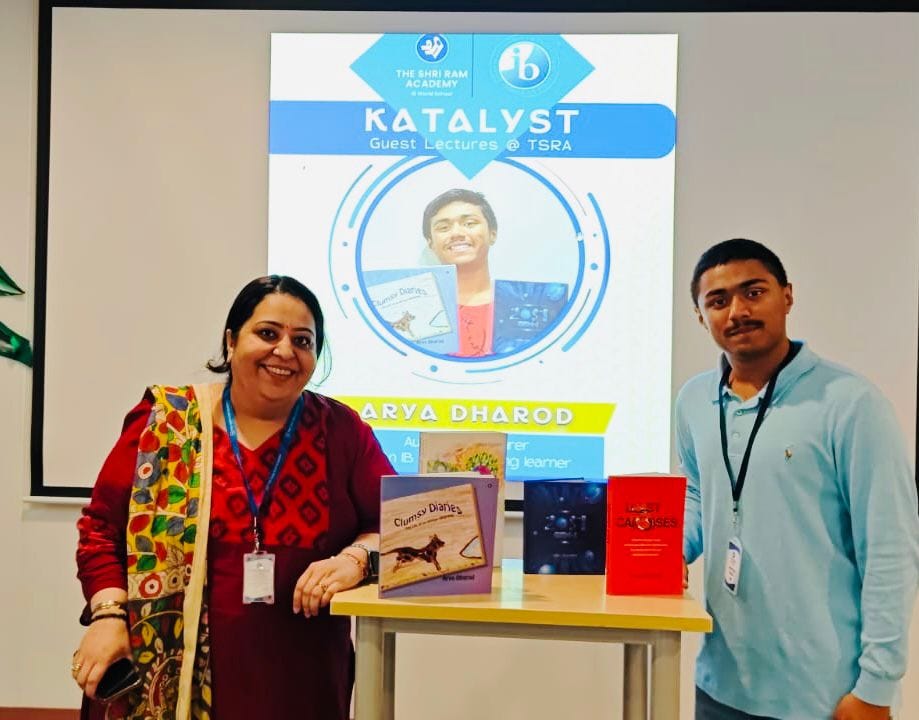
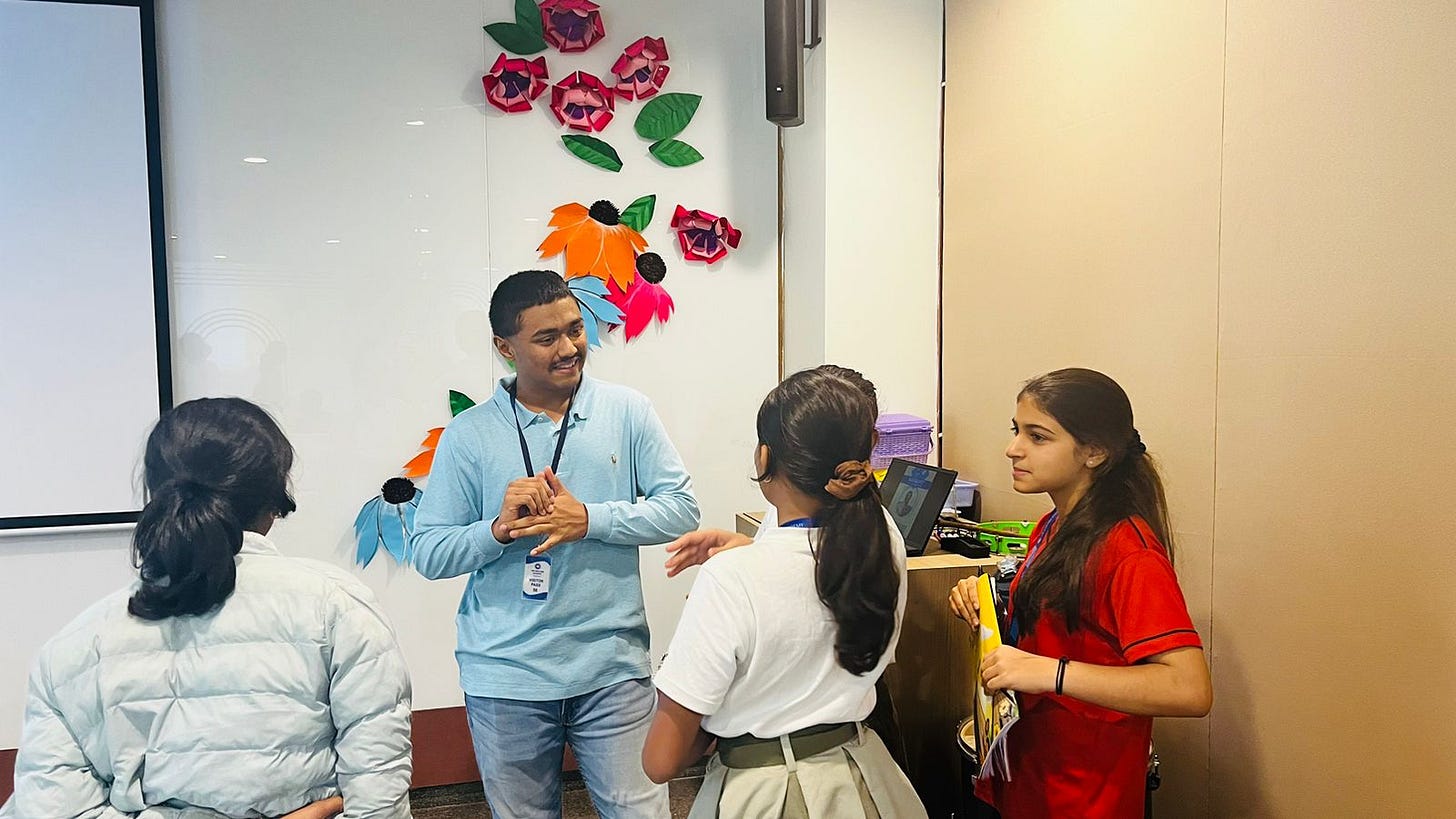






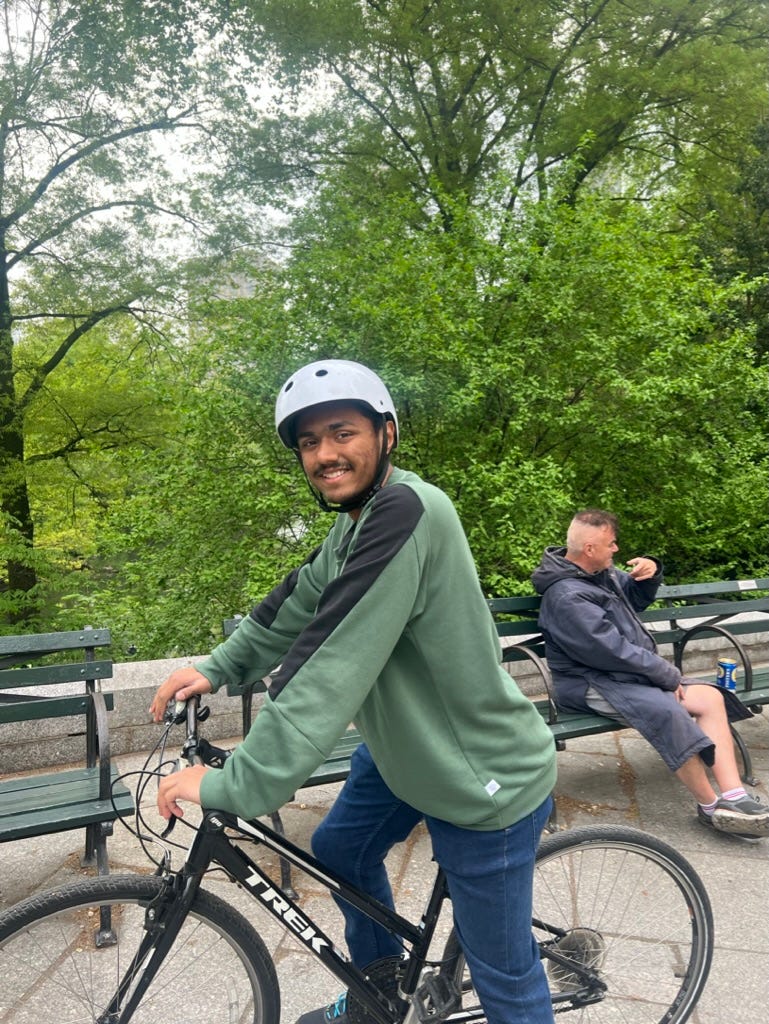
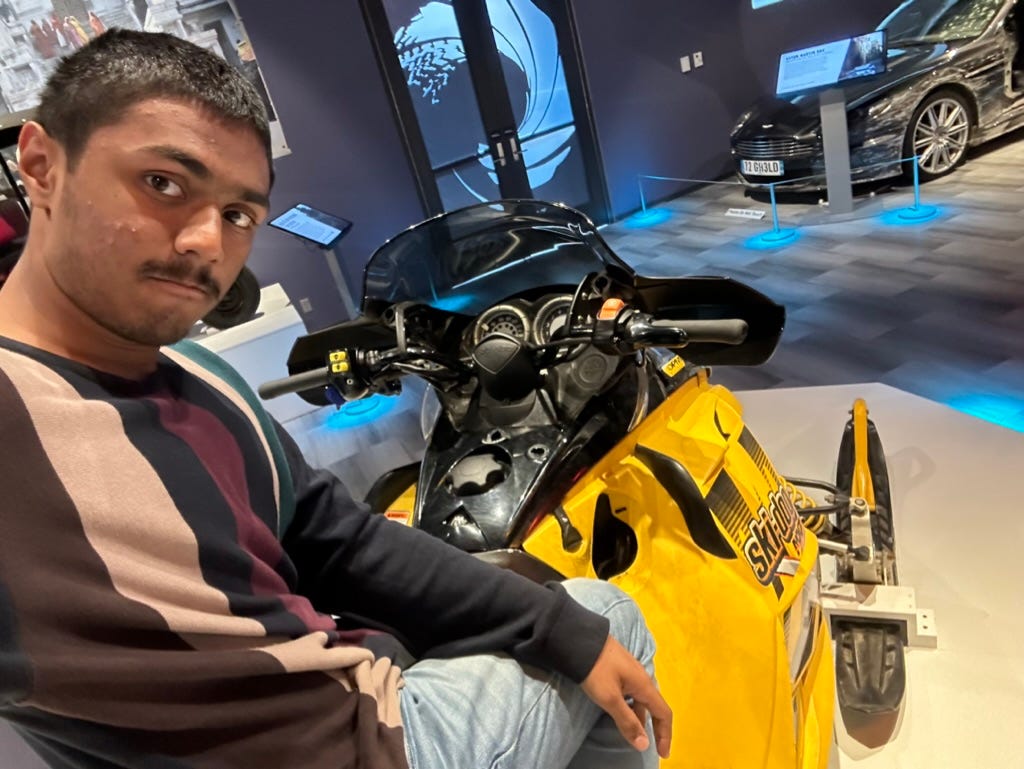
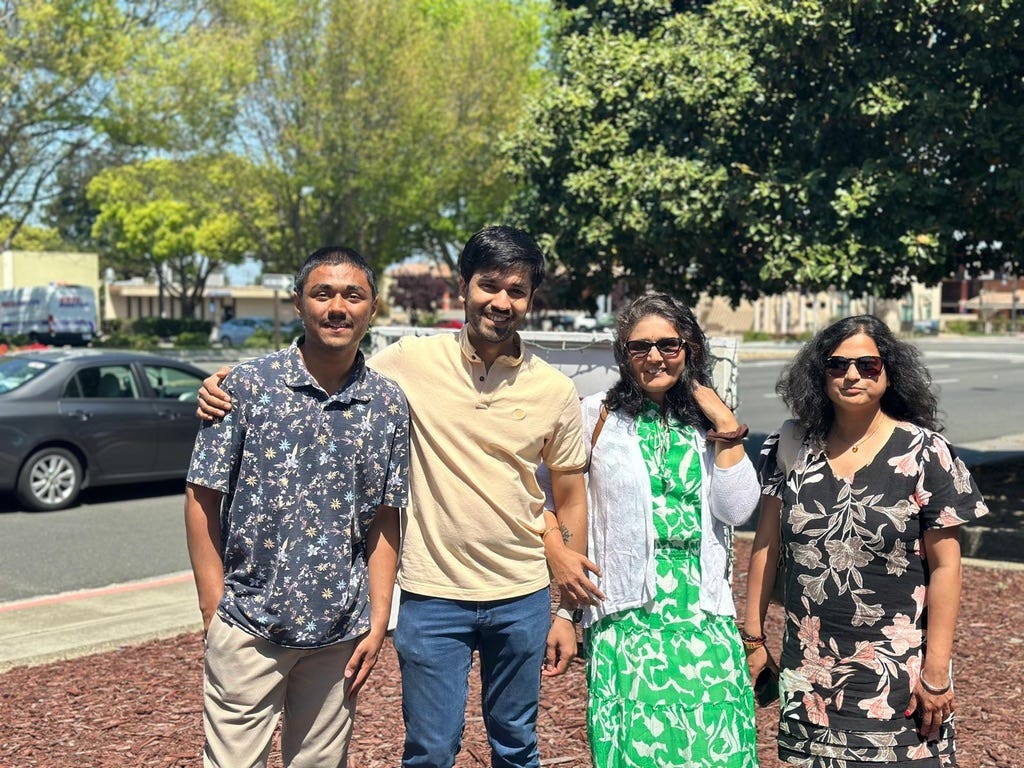
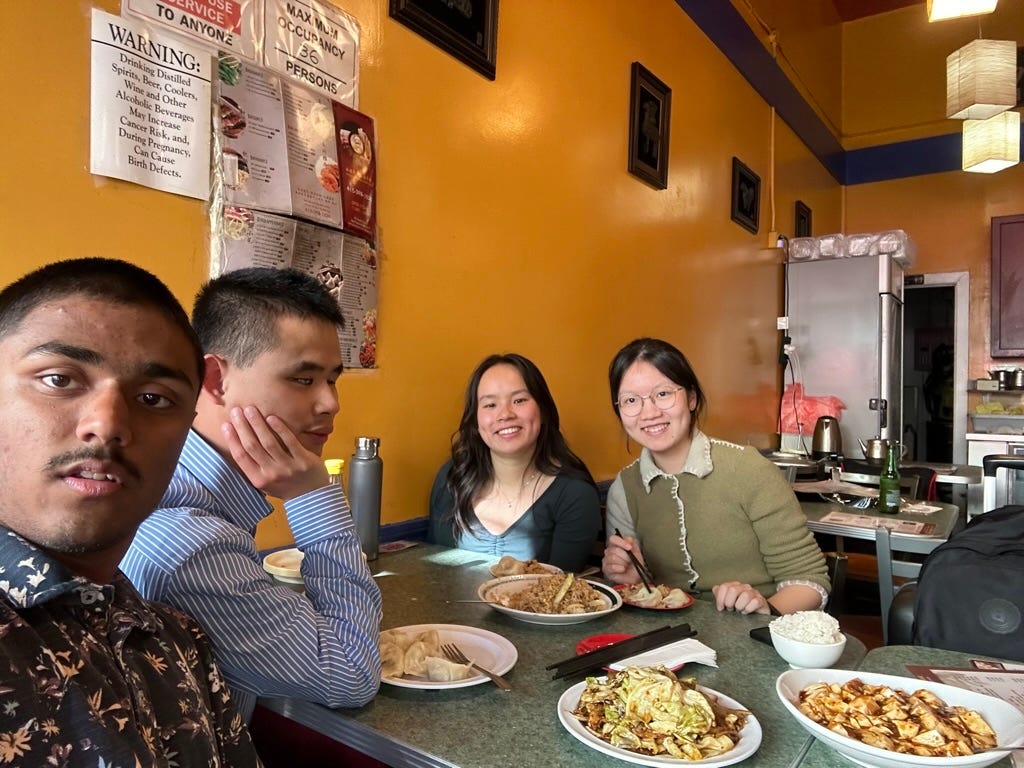
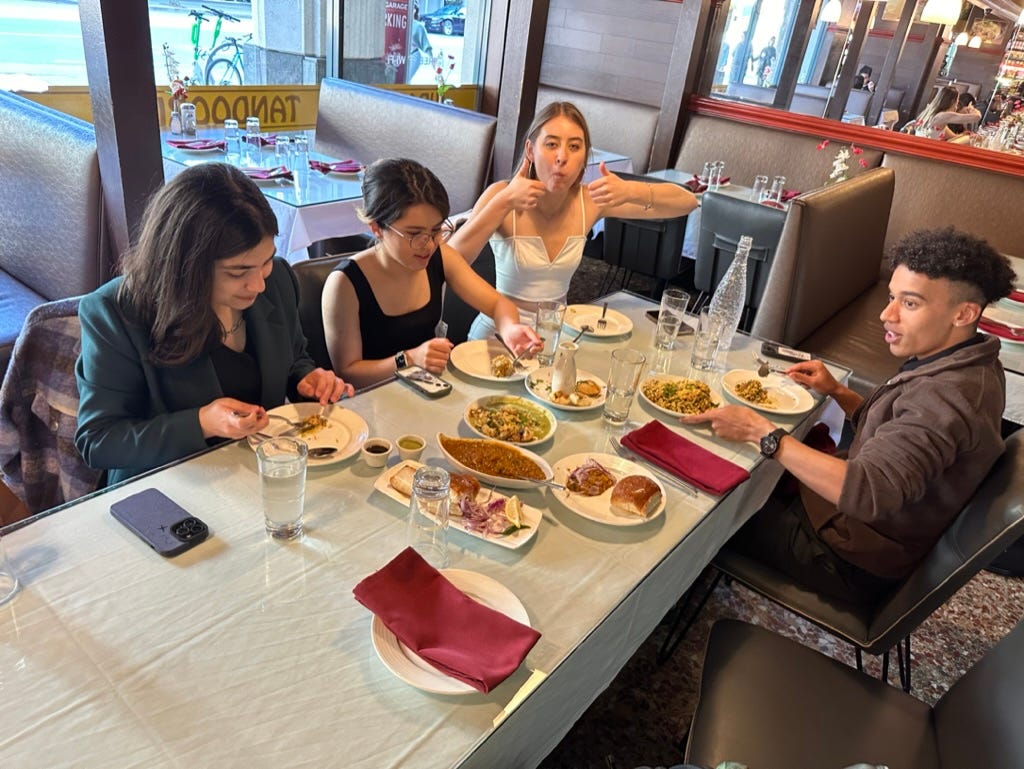
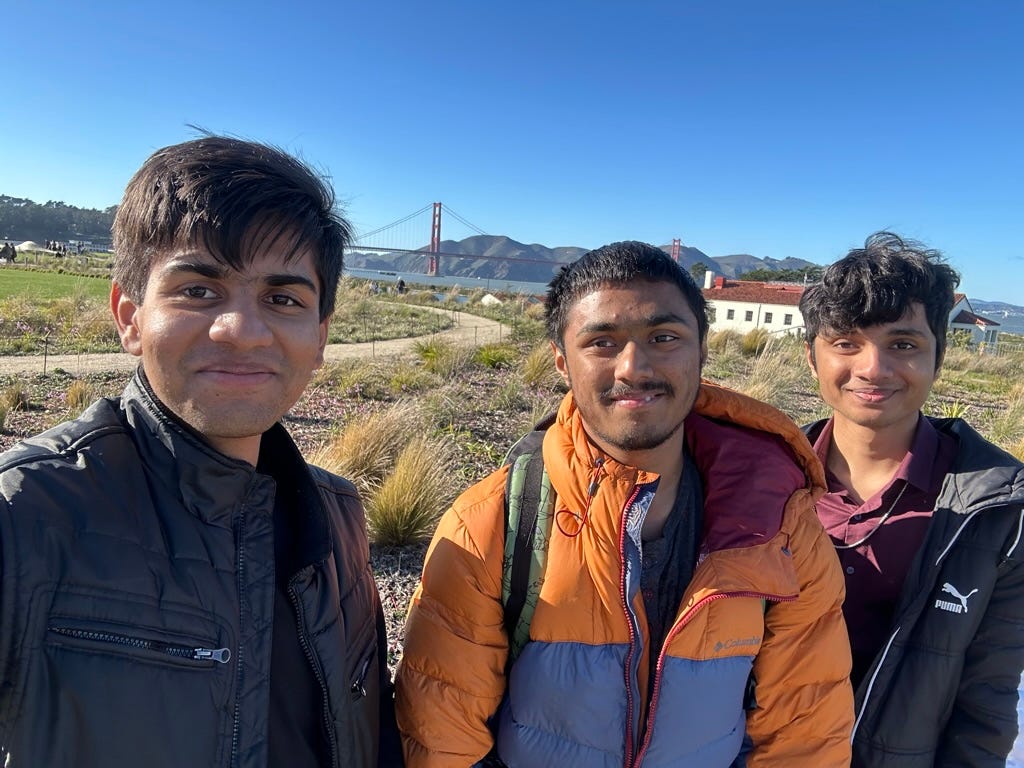
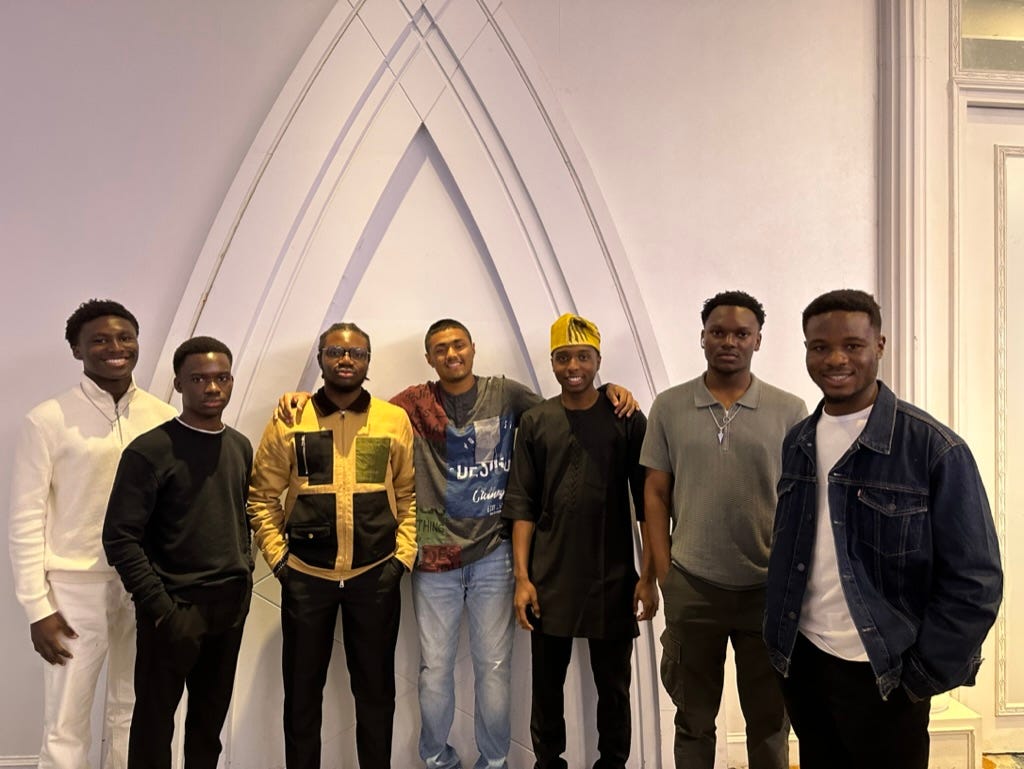
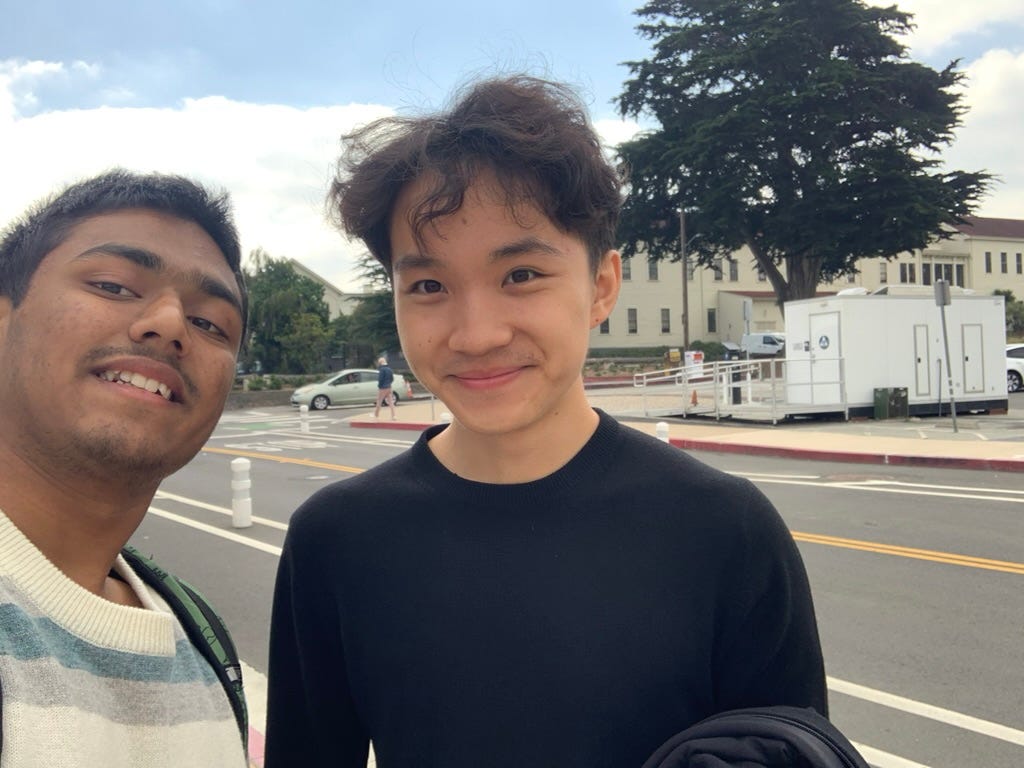


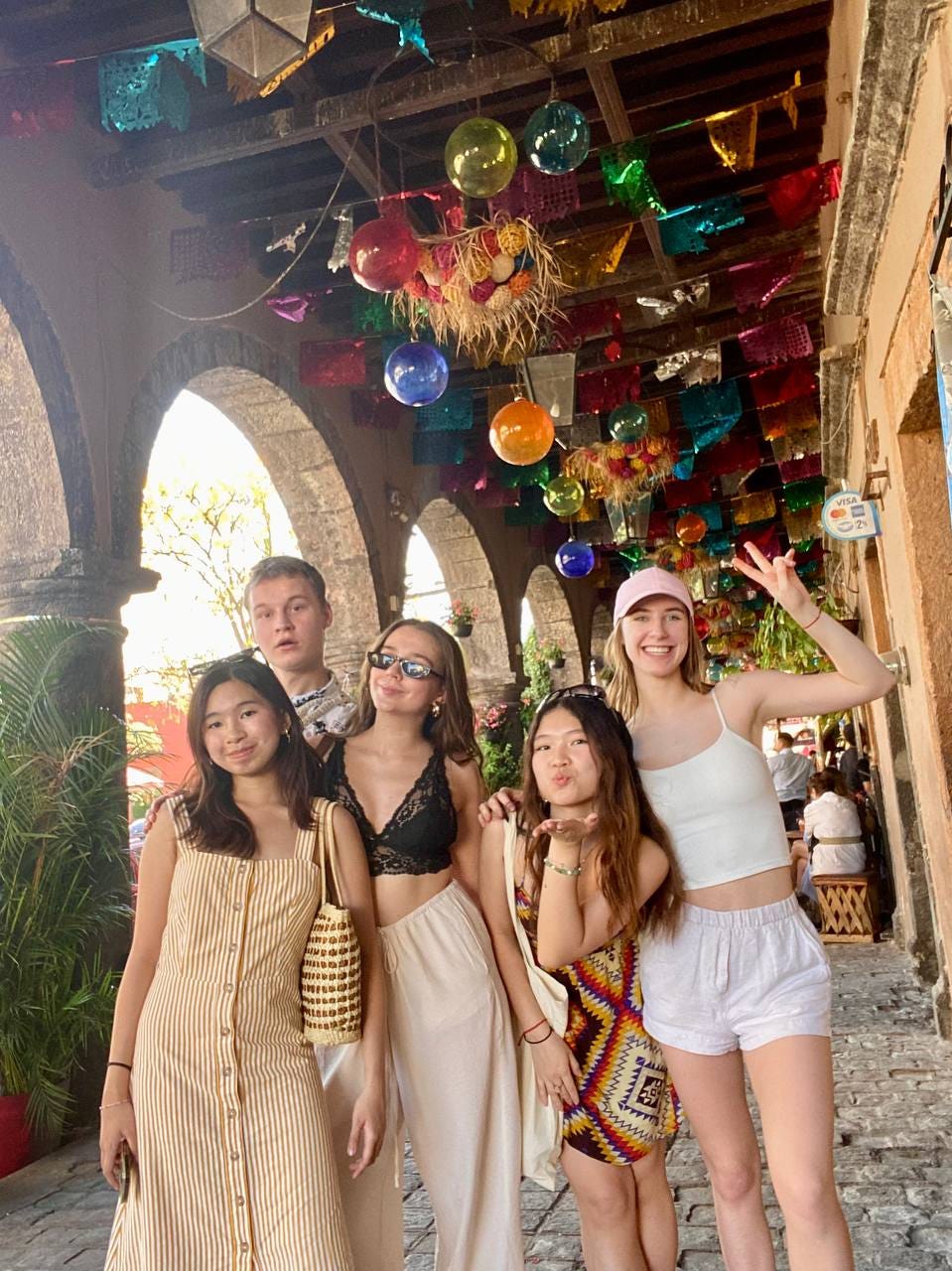
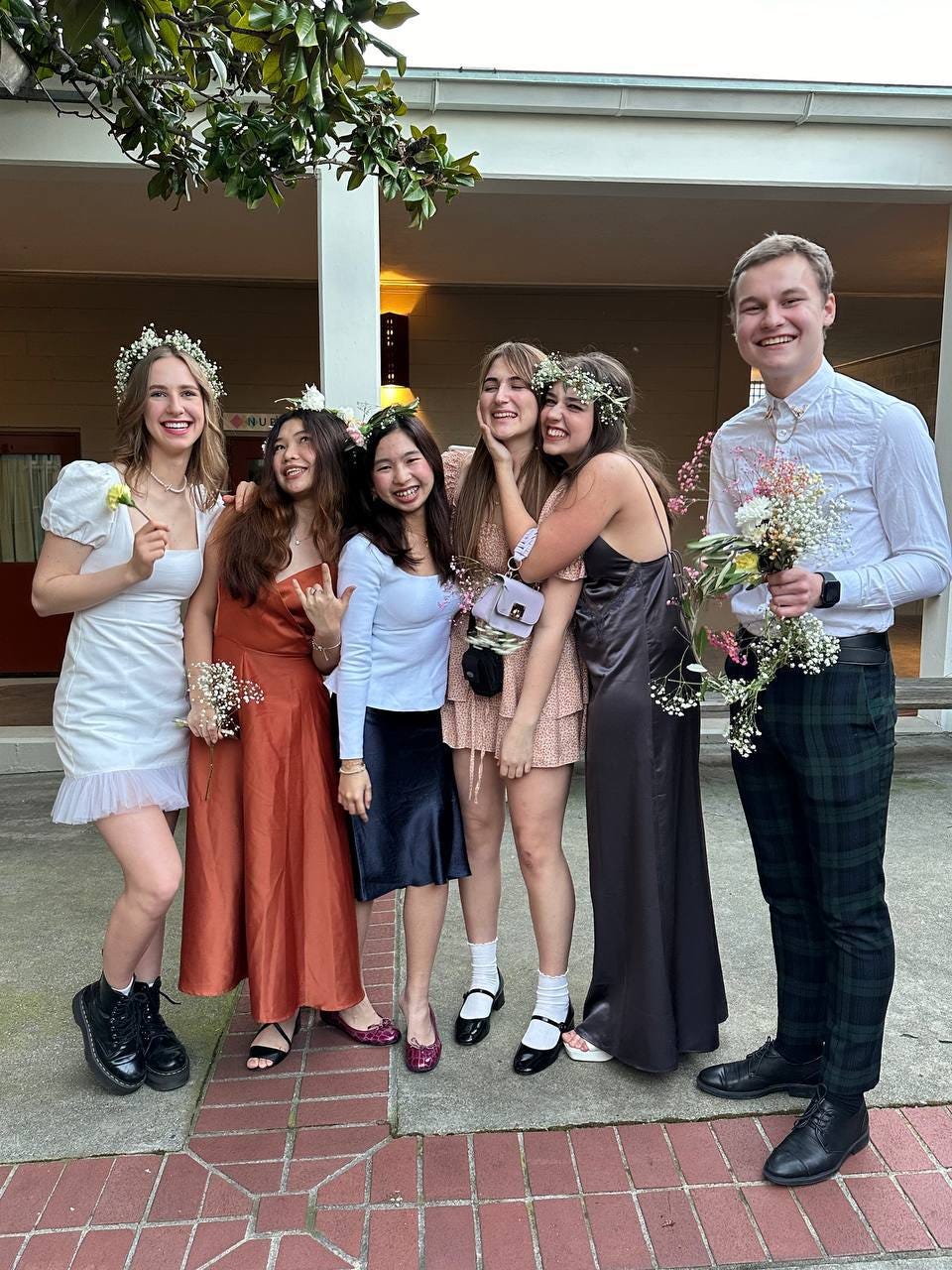
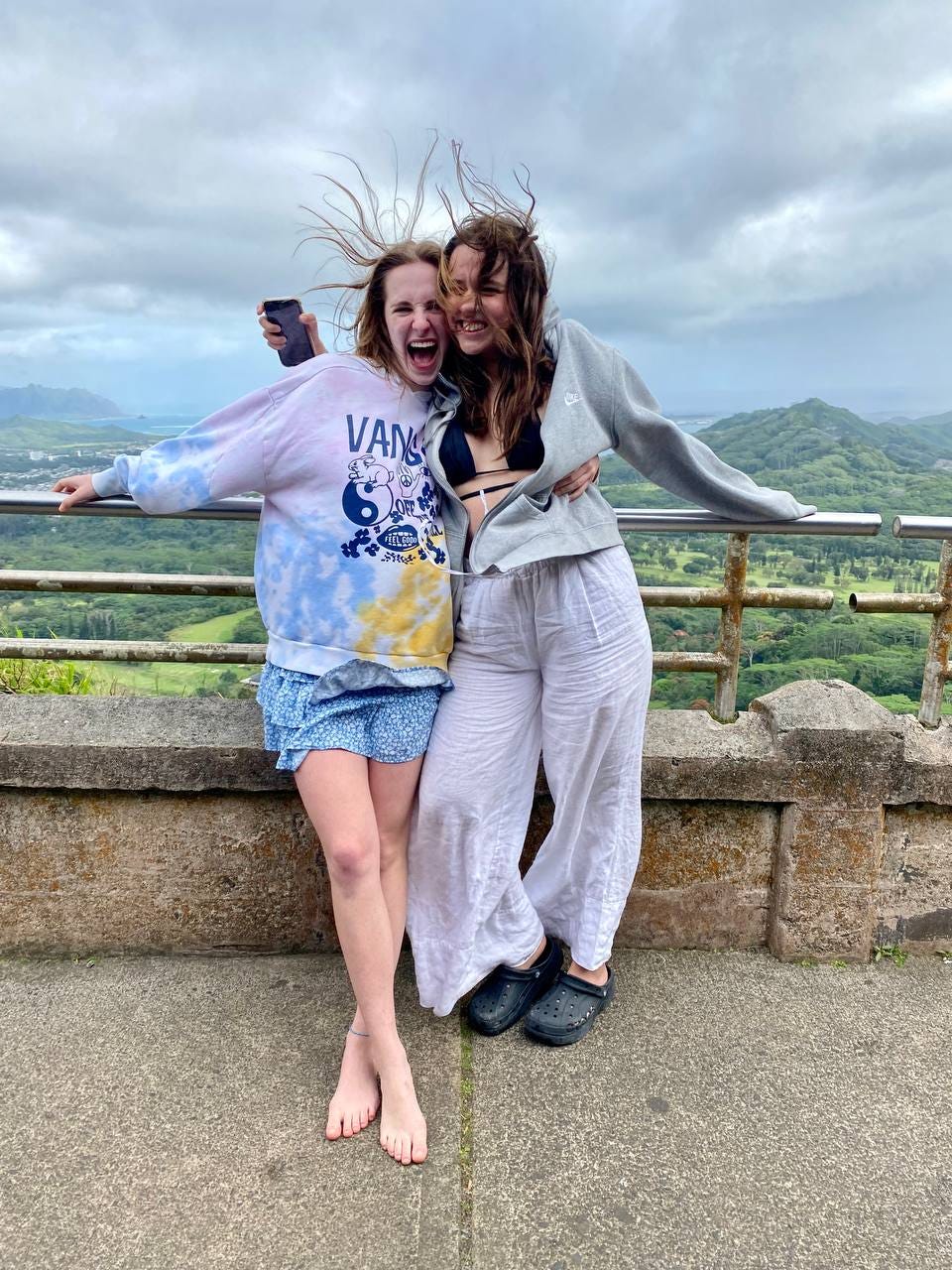
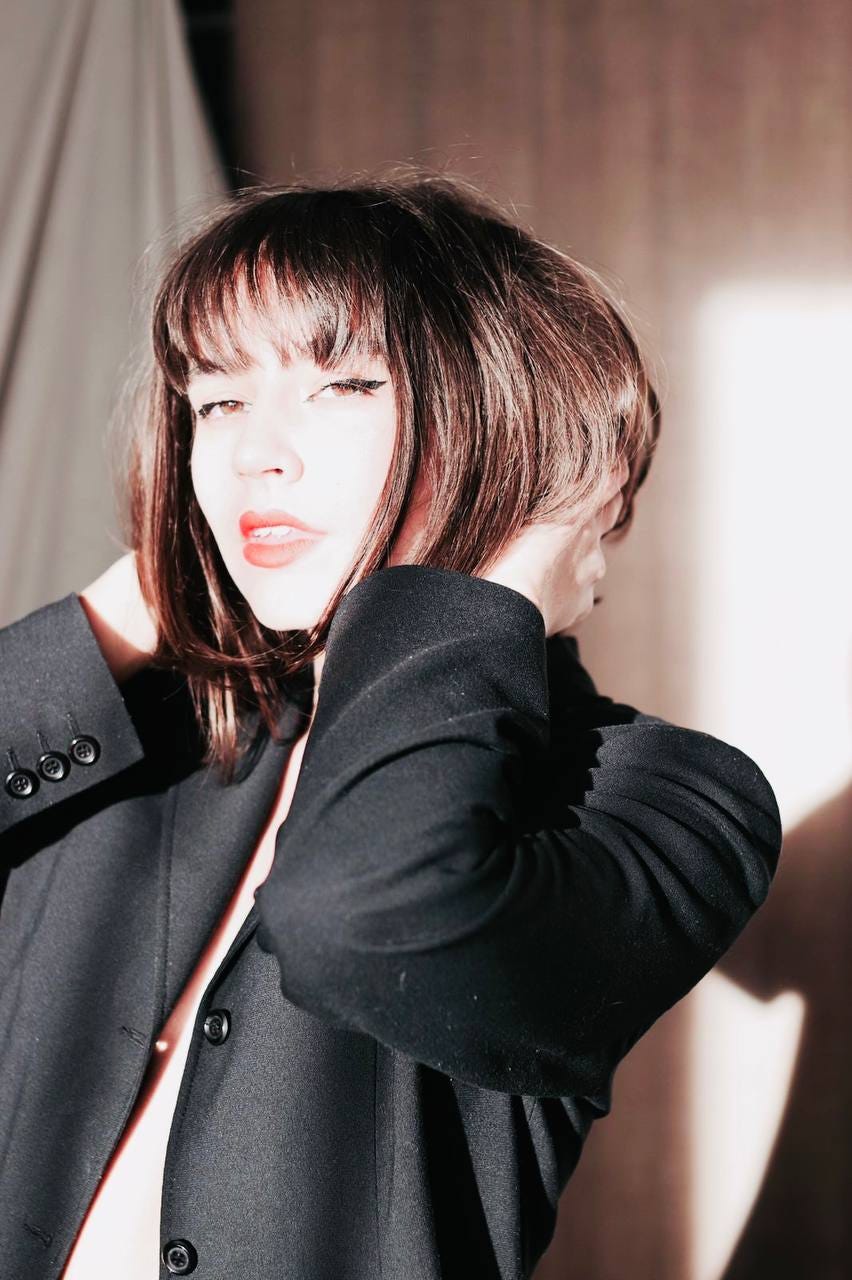
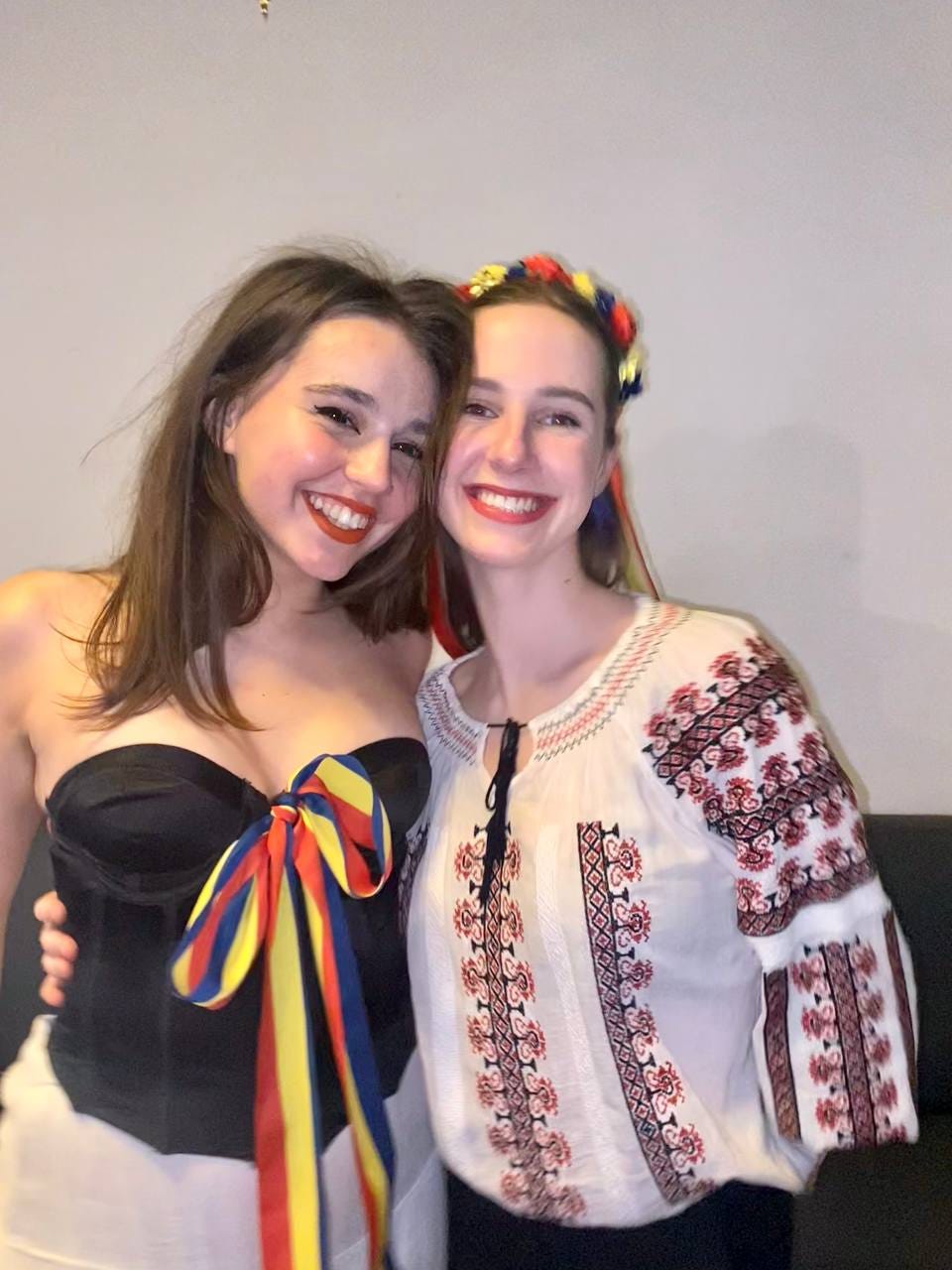
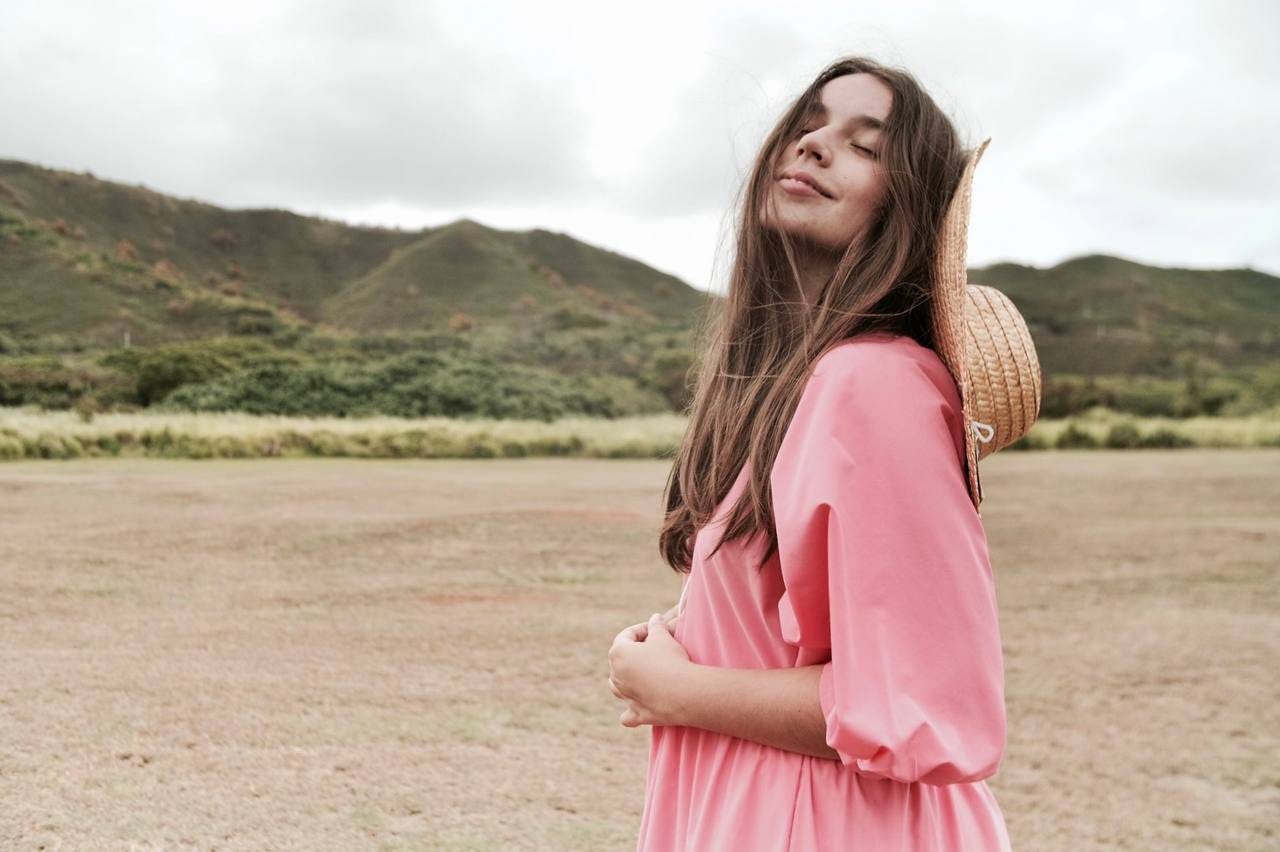
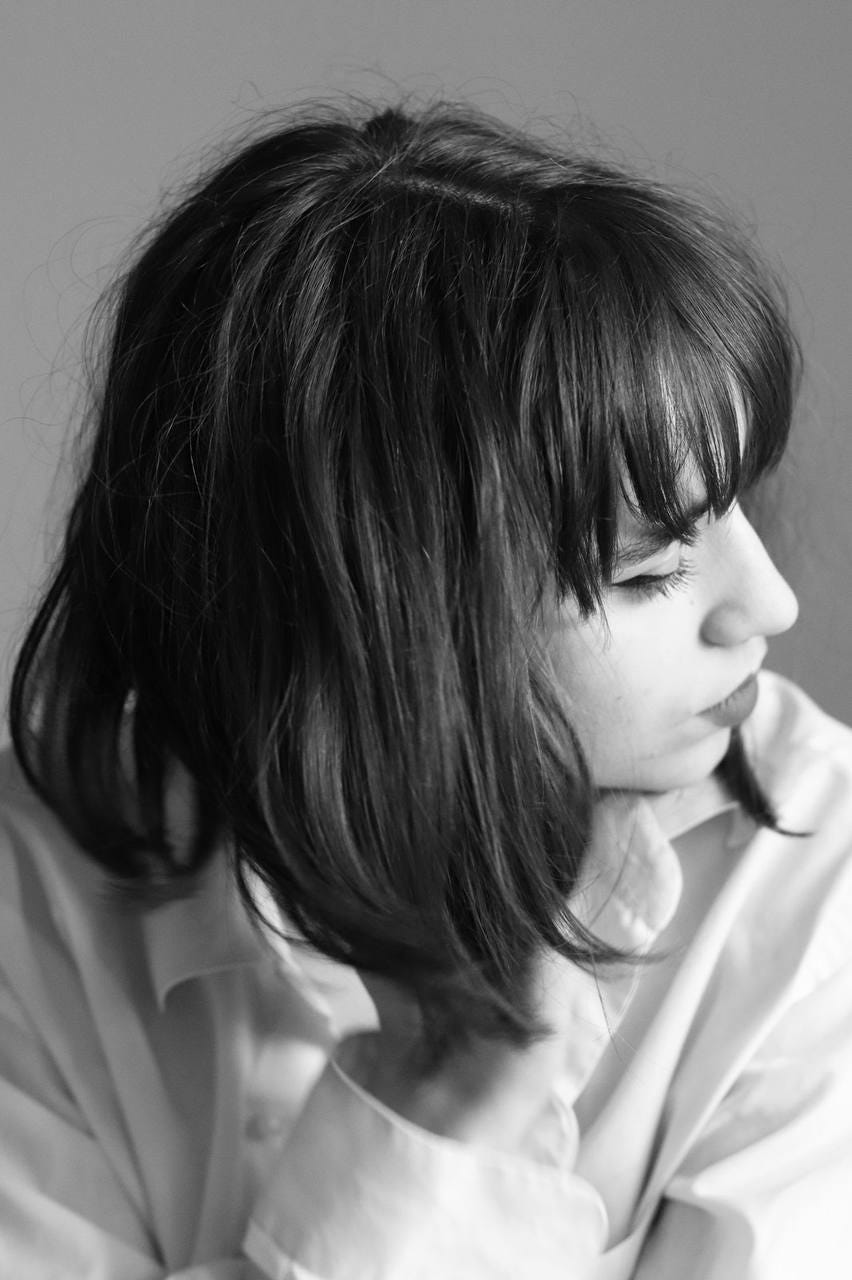
![Awaken the Giant within: How to Take Immediate Control of Your Mental, Emotional, Physical and Financial Life [Paperback] Anthony Robbins : ROBBINS ANTHONY: Amazon.in: Books Awaken the Giant within: How to Take Immediate Control of Your Mental, Emotional, Physical and Financial Life [Paperback] Anthony Robbins : ROBBINS ANTHONY: Amazon.in: Books](https://substackcdn.com/image/fetch/$s_!49-V!,w_1456,c_limit,f_auto,q_auto:good,fl_progressive:steep/https%3A%2F%2Fsubstack-post-media.s3.amazonaws.com%2Fpublic%2Fimages%2F7e330e44-9ab7-4b75-810b-6ff834698210_657x1000.jpeg)
